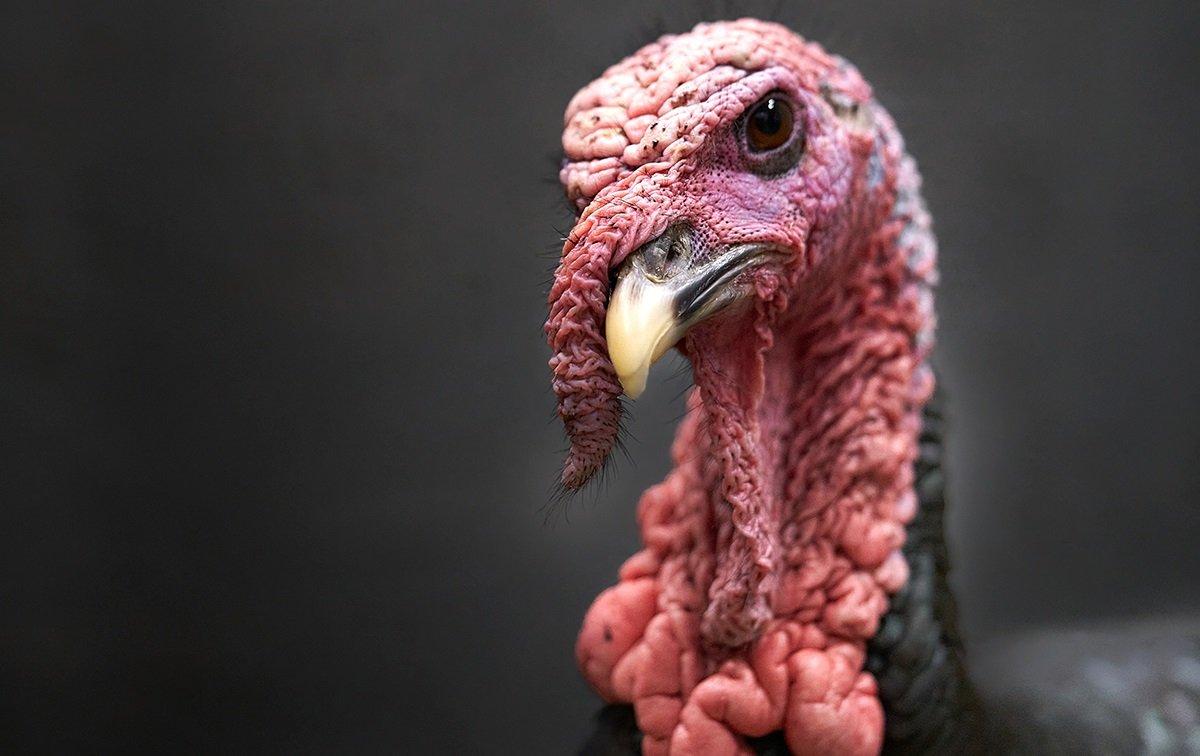An evolutionary biologist says most birds' daily lives are heavily influenced by odor
Turkeys have a small olfactory bulb. Because of that, it has been widely accepted that they have an extremely limited sense of smell that plays a minor role in their daily lives. But one evolutionary biologist says a turkey's daily life may be more influenced by odor than previously believed.
Danielle Whittaker, author of the book The Secret Perfume of Birds: Uncovering the Science of Avian Scent, says if turkeys are like other birds that she's studied, and she surmises they are, their sense of smell is influential in most aspects of their lives and daily activities.
Whittaker set out to study birds' ability to smell because she was irked that the scientific community held and communicated a widespread belief that most birds have no sense of smell — with a lack of evidence to support that claim.
While exploring the science behind the myth, she and colleagues discovered through research and a series of experiments that birds put off complex chemical signals that may help explain behaviors such as where they build their nests, how they locate food, how they choose mates, why they pick fights and why they fly away.
The experiments tested whether birds use preen oil secreted from a gland at the base of their tails to communicate with one another. She observed that the preen oil gives off an odor specific to the species. For example, she discovered that all brown-headed cowbirds smell like sugar cookies, auklets smell like tangerines, and juncos give off a mossy-type smell.
Just like many creatures that produce body odor, Whittaker says, a bird's scent is caused by bacteria that lives on the body.
I was the first person to look at this in birds, she says. I looked at the preen gland and saw that it was full of odor-producing bacteria.
For one of her experiments, Whittaker and her colleagues collected preen oil from a different bird species and placed it on the nests of incubating female juncos (a common North American sparrow). She observed that the juncos left their nests more quickly when she applied a different bird species' preen oil than when she applied the preen oil from another junco. It was obvious, she says, that the birds were reacting to the smell of another bird in their nest.
Whittaker also observed that birds could differentiate between the sexes and even the size difference between birds, noting that some birds avoided the scent of larger males in some cases. She concluded that birds relay social information through odors and use that information in their social interactions.
As for the wild turkey, and how Whittaker's research has to do with the wild turkey, she says, I think that what we do know about bird olfaction is widely applicable to most, if not all, bird species.
Asked about the turkey's small olfactory bulb, Whittaker says that there's a lot more to a bird's ability to smell than the size of its olfactory bulb.
Compared to the rest of our human brain, our olfactory bulb is small as well. And it's not really that the olfactory bulb is small, it's that other parts of the brain are bigger. Other parts of the brain have evolved for other purposes, while the olfactory bulb hasn't changed much over time. The olfactory bulb is ancient.
When asked why turkeys don't flee when they smell humans, she says it's because they're just not very concerned with human odors. Most likely, she says, the smells that matter the most to turkeys are those that influence their interaction with other turkeys.
For more crazy outdoor stories, visit The Realblog and check out Realtree's Facebook page.









